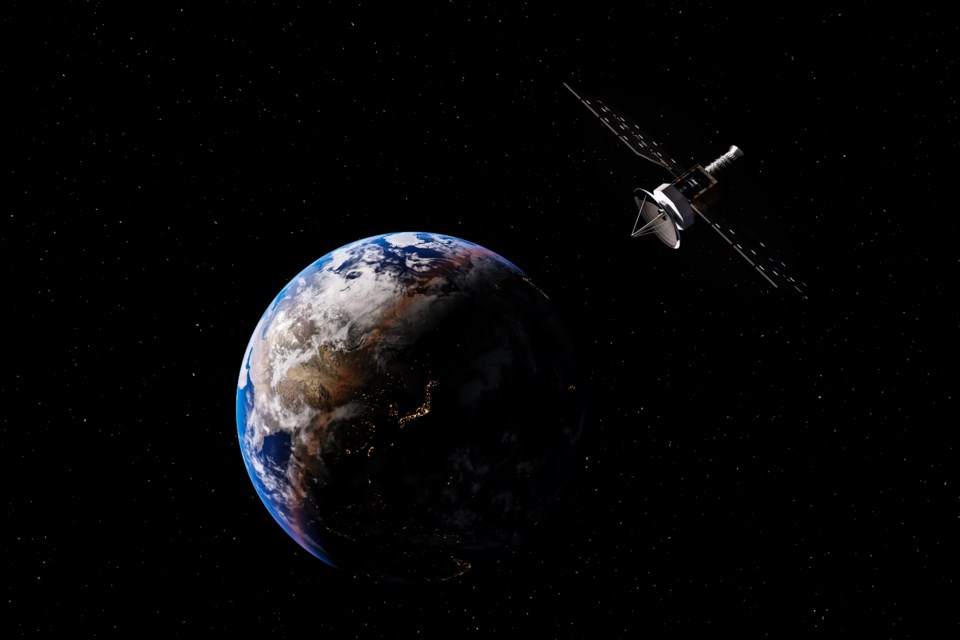Space rocket junk floating in orbit around planet Earth has a six to 10 per cent chance of severely injuring or killing a human being in the next decade, says a new study from the University of British Columbia (UBC).
The study, published in the journal Nature Astronomy this week, has led researchers to call on governments to take action and mandate rocket stages are guided safely back to Earth after their use — even if such measures increase the cost of a launch.
"Is it permissible to regard the loss of human life as just a cost of doing business, or is it something that we should seek to protect when we can?" questioned Michael Byers, the study's lead author and a professor in UBC's department of political science, in a press release.
"... that's the crucial point here: we can protect against this risk."
These measures could be the mandated transition from single to double hulls on oil tankers or having engines that reignite to guide the rocket parts to remote ocean areas.
The researchers note that rockets are used to send objects like satellites into space, and these rockets are often left in orbit floating around. Although most of a rocket's material will burn up in the atmosphere, the remaining bits can re-enter and hurtle towards the ground.
Using more than 30 years of data from a public satellite catalogue, the researchers calculated the potential risk to human life in 10 years.
While six to 10 per cent is a low risk, the researchers point out that debris hitting Earth's surface and careening into human life is not unheard of. In fact, in 2020, a 12-metre pipe from a Long March 5B rocket struck a village in the Ivory Coast, which damaged buildings.
And space launches are increasing, added Aaron Boley, an associate professor in the department of physics and astronomy.
"The cumulative risk is not that small," he said.
"There have been no reported casualties yet, and no mass casualty event, but do we wait for that moment and then react, particularly when it involves human life, or do we try and get in front of it?"



